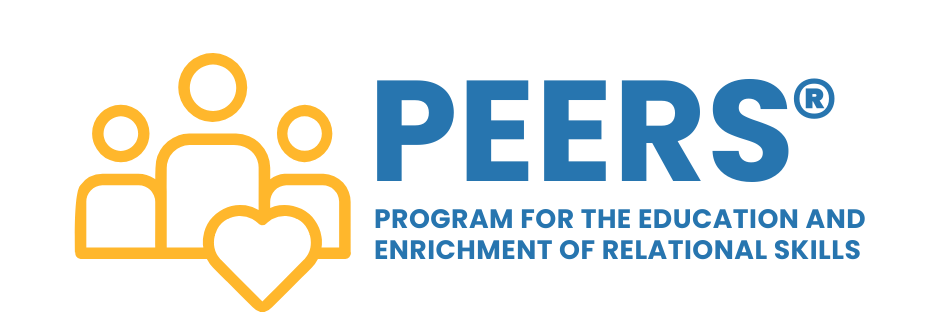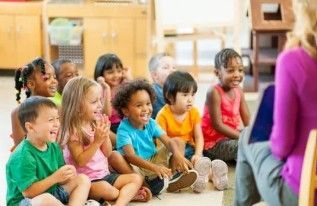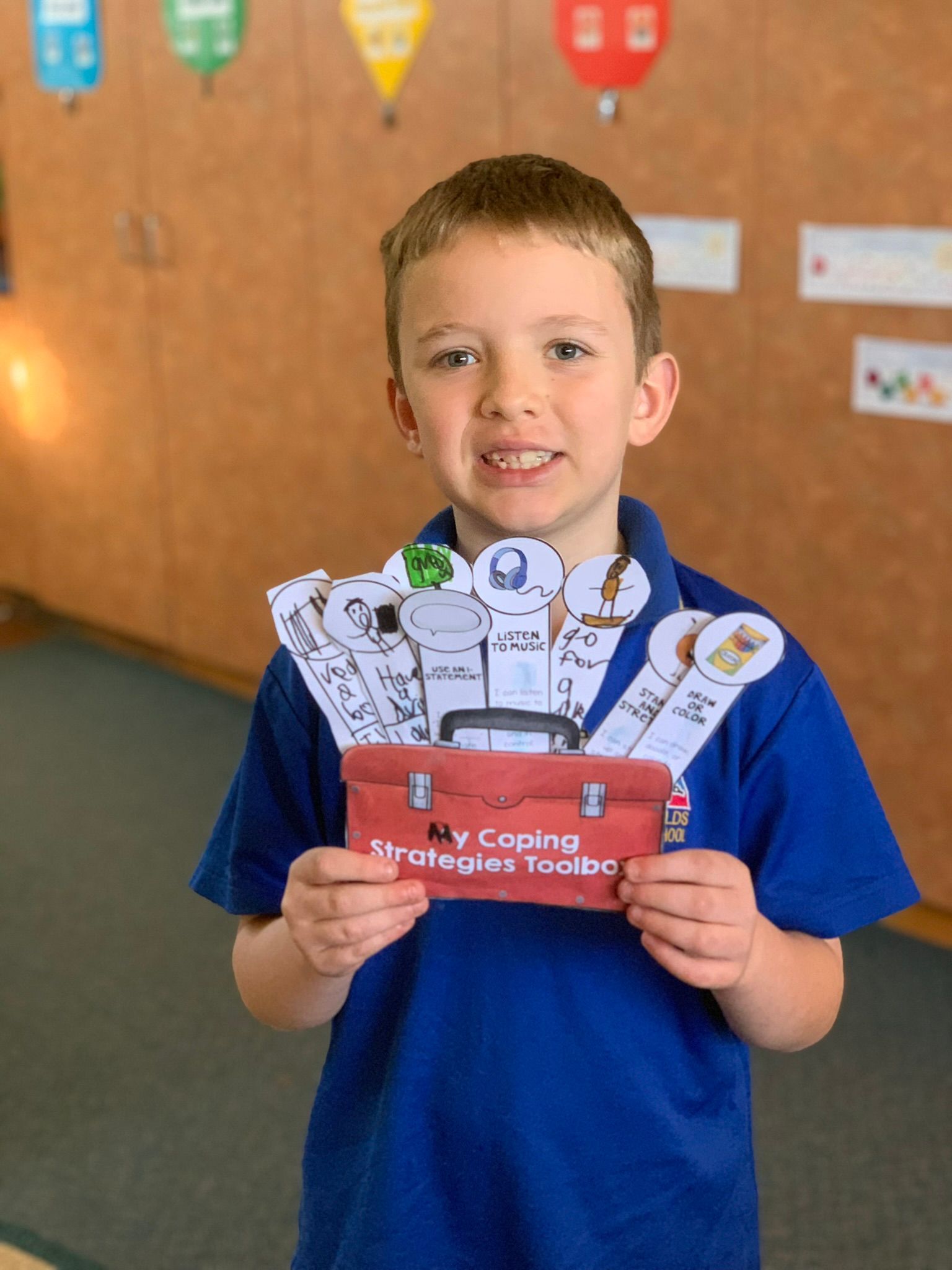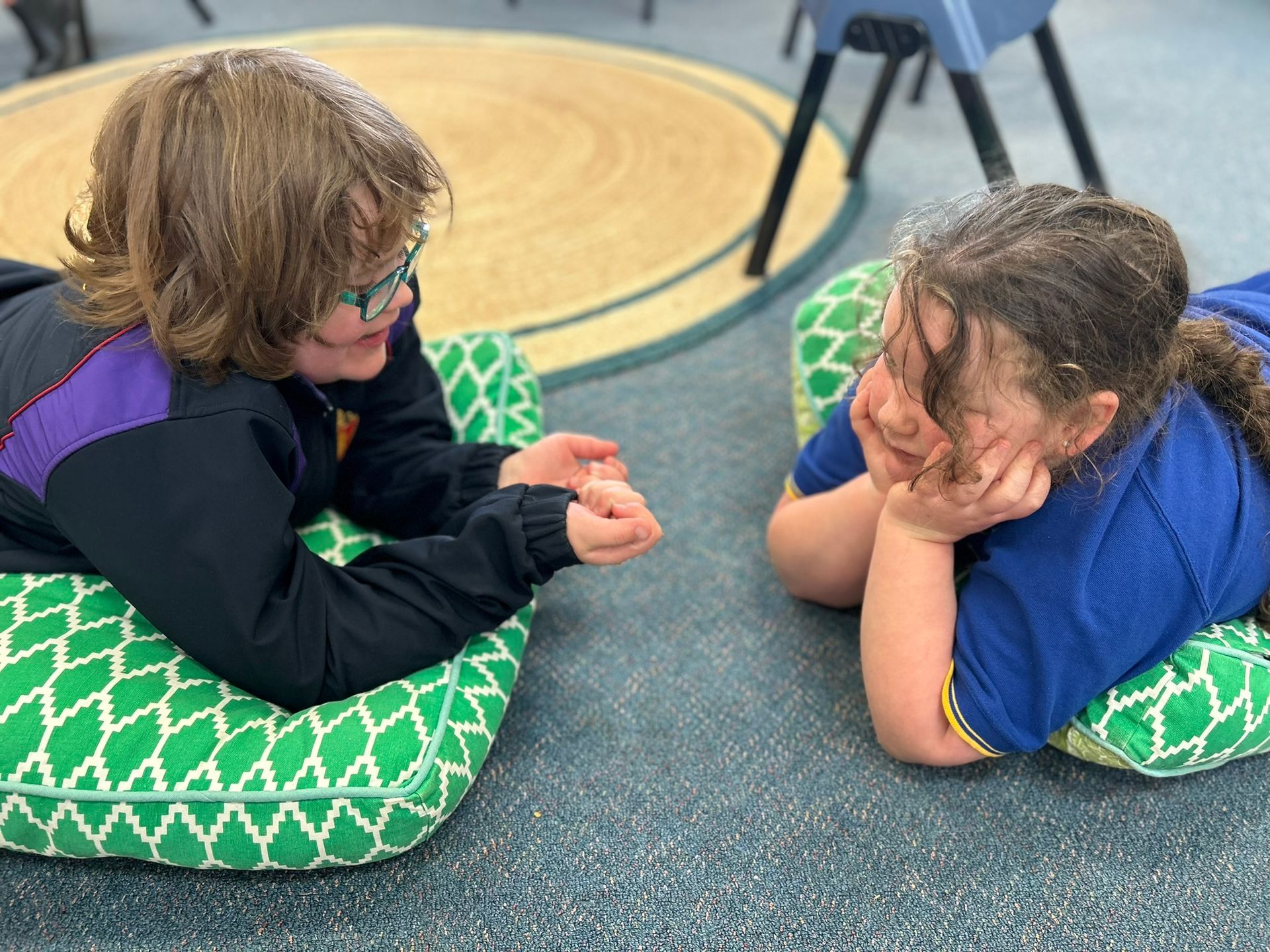Weekly Social Skills Programs & Caregiver Training
Programs of Support
Our Social Skills Programs use the evidence-based PEERS® curriculum to teach neurodivergent children and young people the skills they need to make and keep friends, in a positive, neuroaffirming environment.
We don’t aim to change who a young person is. Instead, we teach helpful, practical strategies they can choose to use when, if and how it works for them.
Unlike unstructured playgroups or social clubs, we:
- Teach essential, real world social strategies in a sequential, step-by-step format
- Practise skills through role plays, video modelling, visual supports and fun, play-based activities and games
- Involve caregivers through regular updates and caregiver sessions so they can help reinforce learning at home, and when the intervention has finished
It’s a strengths-based, supportive way to learn, practise, and strengthen social strategies—building lasting friendships and making real-world connections.
Click HERE to find links to research.
PEERS® for Preschool
PEERS® for Preschool
Ages 4-6


Taking Expressions of Interest for 2026
For children aged 4–6 and their families
A 16-week,
evidence-based, play-based program that teaches young children the foundations of making and keeping friends, while coaching caregivers in how to support social skills at home.
How it works
- Children’s group: Fun, interactive activities teaching friendship skills like greeting, sharing, joining in, and keeping cool during play.
- Caregiver group: Practical strategies, coaching, and feedback to help you guide your child’s social development.
- Together time: Parents rejoin the group at the end of each session to practise skills with their child.
- 2026 update: We may offer a parent-only format to better fit busy family schedules – taking Expressions of Interest now.
Who it’s for
Children aged 4–6 who:
- Have social challenges (with or without diagnosis)
- Are in the average range for language and thinking skills
- Do not require significant behavioural or self-care support
- Have one parent able to attend the program
Program details
- Duration: 16 weeks (over 2 terms, with holiday break)
- Format: Weekly concurrent sessions for children and caregivers
- Location: Making Connections Toowoomba
- Dates & Times: 2026 schedule TBC
Grades 1-3
Social Skills Program
Adapted from PEERS® for Preschool
Grades 1-3


Taking Expressions of Interest for 2026
For children in Grades 1–3 and their families
A structured, play-based program incorporating the PEERS® for Preschoolers and other evidence-based social-emotional methodologies, designed to help children learn and practise key friendship skills, while giving caregivers practical tools to support social growth at home.
How it works
- Children’s group: Interactive games and activities teaching skills such as greeting, sharing, joining in, conversation, handling rejection, and being a good sport.
- Caregiver sessions: Two per term, providing strategies, coaching, and guidance to help reinforce skills at home.
- Updates: Regular updates so parents know what we are covering each session and can continue support between sessions.
Who it’s for
Children in Grades 1–3 who:
- Have social challenges (with or without diagnosis)
- Are in the average range for language and thinking skills
- Do not require significant behavioural or self-care support
- Have one parent able to attend caregiver sessions and support strategies at home
Program details
- Duration: Term-based blocks (8 sessions over 4 terms)
- Format: Weekly sessions for children, with 2 caregiver sessions per term
- Session duration: 1.5 hours
- Time: 1.15pm to 2.45pm (days to be confirmed for 2026)
For pricing or more information, email
fiona@makingconnectionstoowoomba.com.au
Grades 4-6
Making Social Connections®
Grades 4-6

Taking Expressions of Interest for 2026
For children in Grades 4–6 and their families
Making Social Connections® is our trademarked, year-long social skills program, designed and delivered exclusively by Making Connections Toowoomba. It teaches essential social skills in a sequential, structured way—building confidence, connection, and competence across the year.
How it works
- Children’s group: Weekly sessions teaching essential social skills step-by-step, such as making and keeping friends, joining in, handling disagreements, showing interest in others, and navigating group situations.
- Learning through fun: Skills are taught and practised through engaging games, activities, discussions, and real-life scenarios.
- Caregiver sessions: Two per term, providing practical strategies so you can reinforce skills at home.
- Updates: Regular progress updates to keep you informed and involved in your child’s social growth.
Who it’s for
Children in Grades 4–6 who:
- Have social challenges (with or without diagnosis)
- Are in the average range for language and thinking skills
- Do not require significant behavioural or self-care support
- Have one parent able to attend caregiver sessions and support strategies at home
Program details
- Duration: Term-based blocks (8 sessions over 4 terms)
- Format: Weekly sessions for children, with 2 caregiver sessions per term
- Session duration: 1.5 hours
- Time: 1.15pm to 2.45pm (days to be confirmed for 2026)
For pricing or more information, email fiona@makingconnectionstoowoomba.com.au
PEERS® for Teens & Adults
Aged 14-18 Years
Ages 18-30 Years
PEERS® for:
Teens
Young Adults


Taking Expressions of Interest for 2026
PEERS® is an evidence-based social skills training program developed at UCLA to support people with social communication challenges—including those with autism, ADHD, or social anxiety—to build meaningful friendships and navigate social settings with greater confidence. No formal diagnosis is required to participate.
What’s the Difference Between the Teen and Young Adult Programs?
Both programs teach the same core skills—like conversation strategies, making and keeping friends, handling peer conflict, and navigating social situations—but differ in delivery to best suit each age group:
PEERS® for Teens (14-week program)
Teens between 14-18 years of age attend weekly face-to-face sessions while parents or caregivers participate in parallel coaching groups on-site. These caregiver sessions equip parents with tools to support social learning outside the program and help teens generalise their skills in real life.
Please note: This program is currently underway for 2025. We are now taking Expressions of Interest for 2026.
PEERS® for Young Adults (16-week program)
Adults aged 18-30 years attend weekly face-to-face sessions independently. A nominated social coach (usually a parent or support person) joins a weekly online coaching session, offering greater flexibility—ideal for families balancing study, work, or living arrangements. This format helps build independence while still offering strong support behind the scenes.
We are currently taking Expressions of Interest for 2026.
If you would like information about pricing to help with your NDIS planning, please get in touch: fiona@makingconnectionstoowoomba.com.au
Topics of Instruction
✅ Covered in Both PEERS® for Teens and Young Adults
- Conversational skills (starting, maintaining, exiting)
- Finding common interests and making friends
- Using humour appropriately
- Handling rejection, teasing, and bullying
- Dealing with gossip and rumours
- Conflict resolution and managing disagreements
- Choosing good friends
- Hosting and attending get-togethers
- Repairing reputations or misunderstandings
- Appropriate use of technology (texting, social media)
➕ Additional Topics Exclusive to PEERS® for Adults
- Dating etiquette and forming romantic relationships
- How to meet new people as an adult (outside of school)
- Planning and initiating get-togethers independently
- Navigating workplace, uni, or TAFE social situations
- Managing peer pressure and setting boundaries
- Maintaining friendships while balancing adult responsibilities
- Online safety and using dating or social apps appropriately
- Assertiveness in adult interactions
What's Included
- Parent/Social Coach Info Session
- Pre- and post-program surveys and individualised feedback
- Weekly 90-minute group sessions (for teens or adults)
- Weekly 90-minute parent/social coach sessions (face-to-face for teens, online for adults)
- Take-home handouts and resource folders
- Certificate of Completion and Graduation Celebration
- End-of-program Summary Report
Is It the Right Fit?
PEERS® is best suited for people who:
- Are aged 14–18 (Teens Program) or 18-30 (Young Adults Program)
- Have difficulty making or keeping friends
- Are motivated to learn and apply new social strategies
- Are within the average range for cognition and language
- Can self-manage emotions, behaviour and self-care in a group setting
- Are willing to participate in weekly sessions and brief home practice tasks
While many participants are neurodivergent (autistic, ADHD, or socially anxious), a diagnosis is not required. We welcome all who would benefit from structured, supported social learning.
Research
The PEERS® Programs are backed by over 20 years of scientific research showing their long-term effectiveness in helping teens and young adults make and keep meaningful friendships.
Click here for links to the research.
Want to Learn More?
Email fiona@makingconnectionstoowoomba.com.au to:
- Request a free 10-minute call to ask questions
- Receive an info sheet with key dates and pricing

